
Code: 05284738
What Leverages Lobbyist's Political Influence?
by Kai-Dominik Ritter
Seminar paper from the year 2014 in the subject Economics - Micro-economics, grade: 1,0, University of Heidelberg (Alfred Weber Institut für Wirtschaftswissenschaften), course: Empirical Political Economy, language: English, abstr ... more
- Language:
 English
English - Binding: Paperback
- Number of pages: 32
Publisher: Grin Publishing, 2014
- More about this

37.27 €
RRP: 40.06 €
You save 2.79 €

In stock at our supplier
Shipping in 15 - 20 days
You might also like
-

Howard's End
36.06 € -

My Own Little Empire
11.58 € -4 % -

L'Uscoque
47.85 € -

Tod eines Lobbyisten
29.41 € -

Tod eines Lobbyisten
20.14 € -

Bereiche muslimischer Dogmatik, Exegese, Identitat und universitarer Ausbildung
20.54 € -1 % -
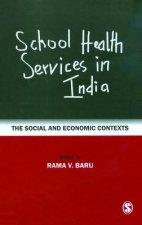
School Health Services in India
43.62 € -10 %
Give this book as a present today
- Order book and choose Gift Order.
- We will send you book gift voucher at once. You can give it out to anyone.
- Book will be send to donee, nothing more to care about.
More about What Leverages Lobbyist's Political Influence?
You get 94 loyalty points
 Book synopsis
Book synopsis
Seminar paper from the year 2014 in the subject Economics - Micro-economics, grade: 1,0, University of Heidelberg (Alfred Weber Institut für Wirtschaftswissenschaften), course: Empirical Political Economy, language: English, abstract: Recent political alarm signals make Lobbying as a research field highly relevant. The main objective is to challenge common approaches to model the mechanisms of how lobbyists gain political influence. I will explain what parameters or factors makes lobbyists more successful in their aim to influence political decision makers and what channels they use to do so. This issue is closely related to the question of what makes incumbents prone to lobbyists activities.§This paper starts with a short theoretical introduction to rent seeking games, which are the theoretical underpinning of a school of thought which models lobbying as a kind of political investment through well-aimed campaign contributions. I question the conjecture that financial contributions are the main leverage for lobbyists to gain political influence and provide empirical data which support my claim. My analysis focuses on the total amount of money, which is transferred from U.S. interest groups to U.S. politics and could be understood as political investment through campaign financing. To explain my findings in this context, the question is addressed whether political donations do have a measurable effect on political decisions.§In the second part of the paper another popular interpretation of a lobbyist s main instrument to influence is discussed: The provision of special knowledge. Empirical analysis shows that the data delivers strong evidence to reject this idea. Instead, I develop a new way of interpreting the meaning of special knowledge by asking what advantage a politician has to socialise with lobbyists. By focusing this question in more detail a theoretical model is introduced which shows how important the concerns of special interest groups could be for politicians in their aim to become reelected. This model leads to the final result of this paper:§What makes lobbyists useful to politicians and therewith powerful is the provision of private information about preferences of possibly pivotal constituents.
 Book details
Book details
Book category Books in English Economics, finance, business & management Economics
37.27 €
- Full title: What Leverages Lobbyist's Political Influence?
- Subtitle: An Empirical Analysis
- Author: Kai-Dominik Ritter
- Language:
 English
English - Binding: Paperback
- Number of pages: 32
- EAN: 9783656639121
- ISBN: 3656639124
- ID: 05284738
- Publisher: Grin Publishing
- Weight: 54 g
- Dimensions: 210 × 148 × 2 mm
- Date of publishing: 17. April 2014
Trending among others
-
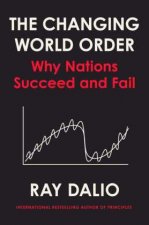
Principles for Dealing with the Changing World Order
24.37 € -4 % -
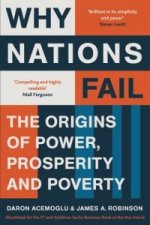
Why Nations Fail
11.78 € -29 % -

Pyramid Principle, The
51.17 € -

Misbehaving - The Making of Behavioral Economics
10.57 € -10 % -
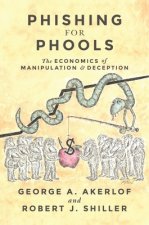
Phishing for Phools
16.41 € -17 % -
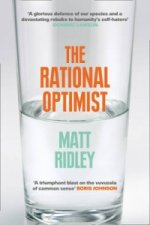
Rational Optimist
13.59 € -

Human Action
37.98 € -
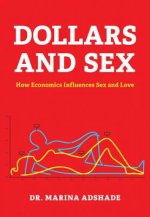
Dollars and Sex
21.45 € -17 % -

Economics
340.95 € -

Freakonomics
7.95 € -20 % -

Irrational Exuberance
20.34 € -6 % -
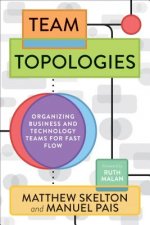
Team Topologies
23.97 € -10 % -
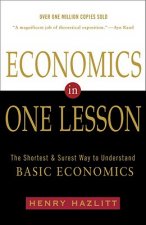
Economics In One Lesson
14.70 € -26 % -
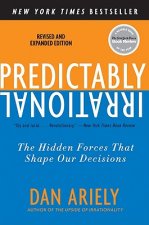
Predictably Irrational
15 € -15 % -

ITIL4 A POCKET GUIDE
23.57 € -
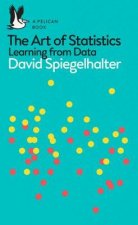
Art of Statistics
10.87 € -23 % -

Business Model Navigator, The
25.68 € -16 % -
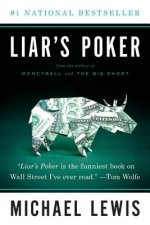
Liar's Poker
13.59 € -

Start-Up Nation
9.06 € -29 % -
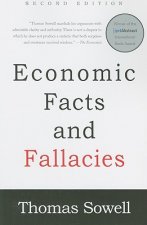
Economic Facts and Fallacies
16.51 € -21 % -

Think Like a Freak
7.45 € -25 % -

Breakthrough Copywriter
16.82 € -1 % -
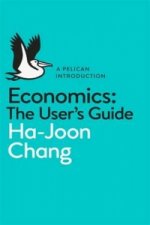
Economics: The User's Guide
12.79 € -23 % -

Currency Wars
15.81 € -12 % -
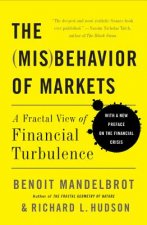
Misbehavior of Markets
22.26 € -
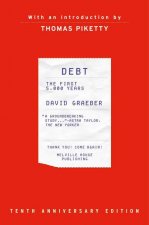
Debt, 10th Anniversary Edition
25.78 € -27 % -

Complete Guide to Starting a Paintless Dent Repair Business
36.26 € -

Delicate Art of Bureaucracy
20.44 € -23 % -

Fatal Conceit (Paper)
15.41 € -18 % -

HR Change Toolkit
17.42 € -16 % -
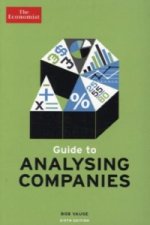
Economist Guide To Analysing Companies 6th edition
17.32 € -27 % -
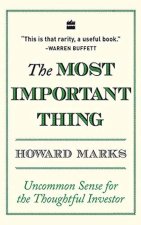
most important thing
20.85 € -

NO LOGO 10THANN ED
20.04 € -19 % -

Organizational Design
56.01 € -
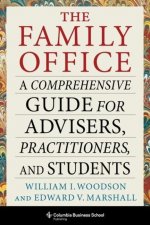
Family Office
35.96 € -14 % -

Manias, Panics and Crashes
29.51 € -
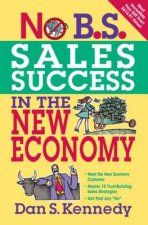
No B.S. Sales Success in the New Economy
13.09 € -16 % -
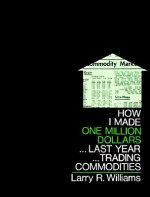
How I Made One Million Dollars Last Year Trading Commodities
38.98 € -22 % -
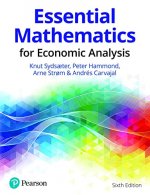
Essential Mathematics for Economic Analysis
81 € -
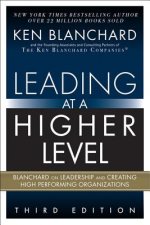
Leading at a Higher Level
28.71 € -9 % -
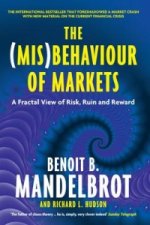
(Mis)Behaviour of Markets
13.29 € -28 % -
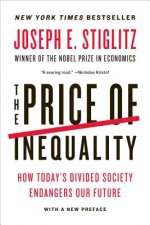
Price of Inequality
9.56 € -19 % -

Freakonomics
5.93 € -30 % -

The Invisible Hand
7.24 € -28 % -
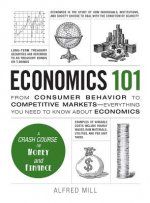
Economics 101
15.10 € -18 % -
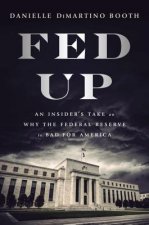
Fed Up
25.58 € -16 % -
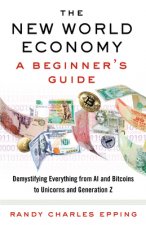
New World Economy: A Beginner's Guide
14.70 € -23 % -
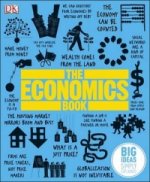
Economics Book
21.15 € -16 % -

Scrum - A Pocket Guide - 3rd edition
22.76 € -3 %
Collection points Bratislava a 2642 dalších
Copyright ©2008-24 najlacnejsie-knihy.sk All rights reservedPrivacyCookies


 15549 collection points
15549 collection points Delivery 2.99 €
Delivery 2.99 € 02/210 210 99 (8-15.30h)
02/210 210 99 (8-15.30h)